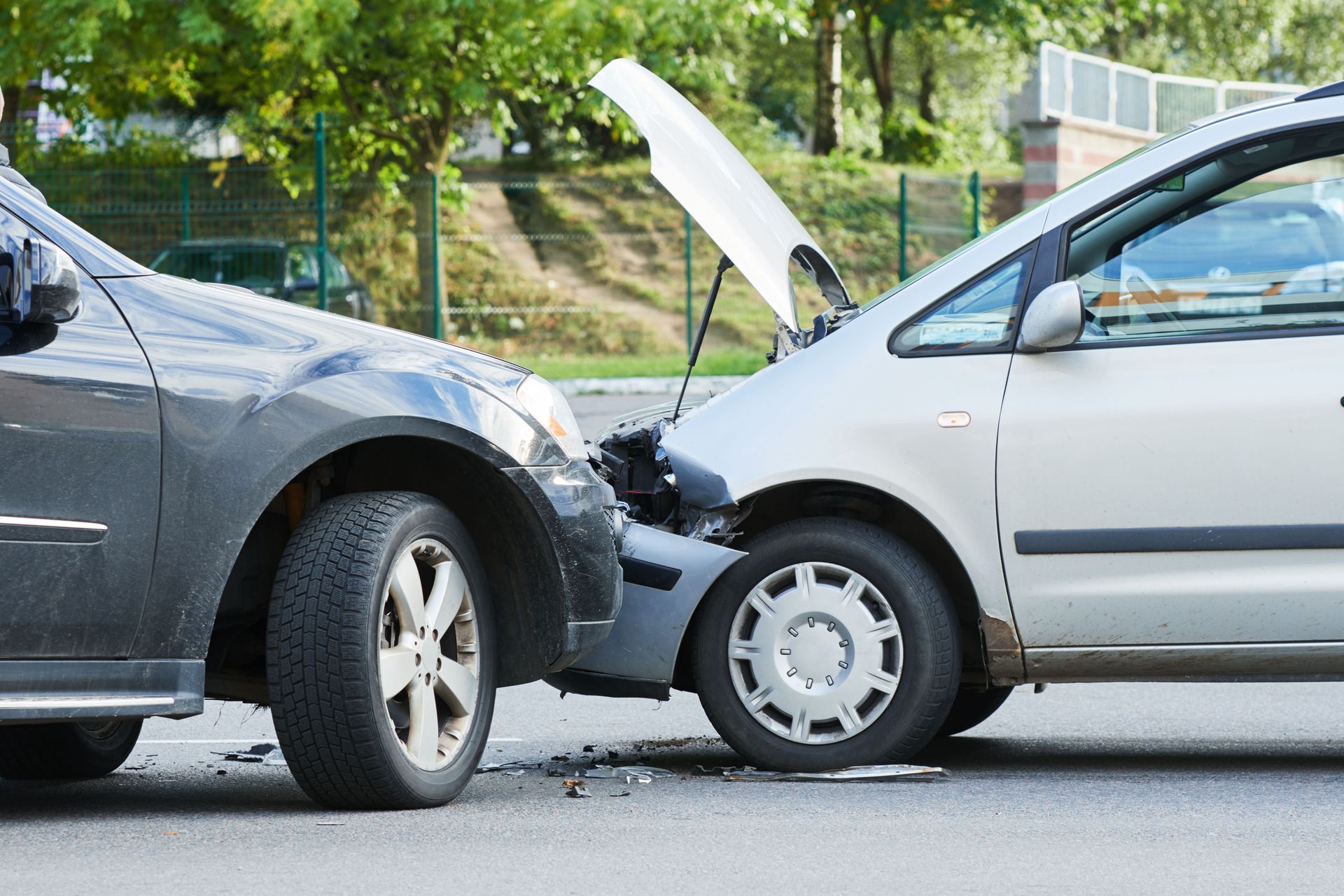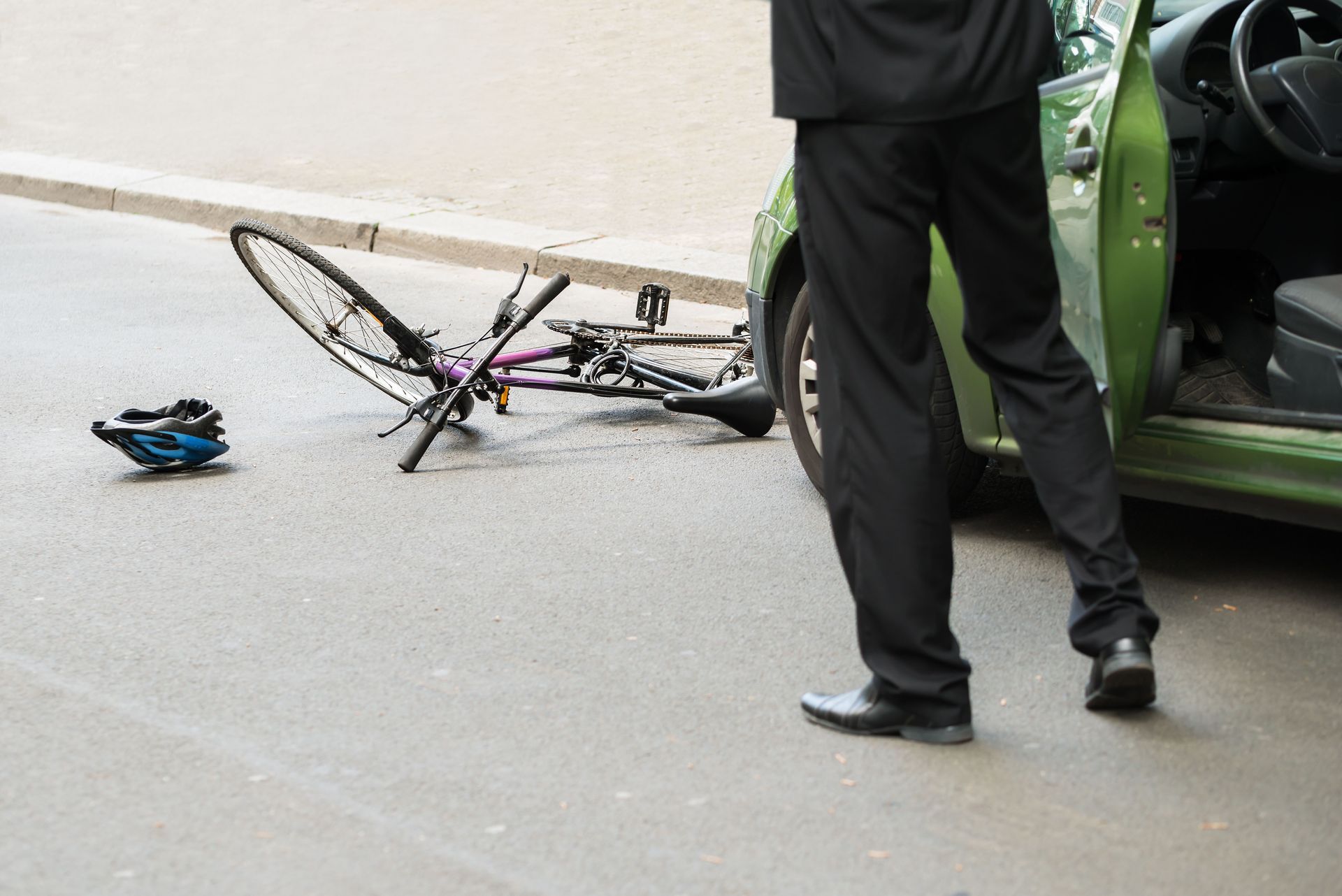A personal injury attorney will do their best to resolve your case before it goes to trial. This means that they will work hard to help you to reach a fair and reasonable settlement. But, in some cases, that is simply not possible, and the case goes to trial. According to Cloudlex, it is estimated that 96% to 97% of cases settle before trial, leaving only 3% to 4% of cases to go to trial. Read on to learn more about the reasons why an injury attorney works hard to resolve your case and prevent it from going to trial.
Trials Can Be Time-Consuming
Personal injury cases that go to trial can be time-consuming for you, as well as for a personal injury attorney. Before a case can go to trial, the discovery process must be complete. This involves obtaining all of your medical records, taking depositions from witnesses, and subpoenaing camera footage from the incident. From there, you have to wait for a court date. It can take months, or even a year or longer, until your case can be set for trial. Once the case is set, there can still be delays. It is usually much faster and less time-consuming to settle a case.
Cost Considerations
In addition to being time-consuming, taking a case to trial can be costly. Most personal injury lawyers work on a contingency basis. This means that they get paid a percentage of your settlement. But, in most cases, that percentage increases substantially if they have to take a case to trial. And unfortunately, in most personal injury cases, you are not able to recover your legal fees even if you win your case. In addition to the higher lawyers' fees, you may be charged for expert witnesses, such as an accident reconstructionist. This makes going to trial expensive.
No Direct Control Over the Verdict
When you settle your case, you have control over the outcome of the case. But, when you take a case to trial, neither you nor the personal injury attorney have control over the verdict. You and the attorney may feel like you have a strong case, but there is no telling how a judge or a jury will see things. By settling the case, even if it is for a little less than you feel your case is worth, you have some control over the verdict in the case, ensuring you won't ever be left with nothing.
No Control Over the Award
In addition to not having control over the verdict of a personal injury case at trial, you and your personal injury attorney have no control over the award at trial either. Some juries are punitive and award large sums at trial, while other juries are less convinced and may not award you a large amount at all if your case goes to trial. It can be nearly impossible to determine how a jury is going to determine the award, so sometimes it is best to settle and have some control over the amount you recover.
Privacy Concerns
One of the lesser-known reasons why some people decide to settle their case before it goes to trial is for their privacy. If a case goes to trial, it is public record. Anyone can read the court minutes and even find out how much of an award you were given. If a case is settled before it goes to trial, the award or settlement amount is private. As such, one or both parties in the lawsuit may want to settle for privacy reasons.
Limiting Your Stress
The final reason why many cases settle before they go to trial is to help limit your stress. Going to trial can be nerve-wracking and anxiety-inducing for some people. It is not an easy process. For your own mental health and well-being, it may make sense to settle a case.
A personal injury attorney will work with an insurance company, the defendant, or the defendant's lawyer to attempt to resolve a personal injury case before it goes to trial. This is because trials can be time-consuming, costly, and stressful because you have no control over the outcome of the case or the award. Unfortunately, there is no way to know ahead of time if a personal injury case will settle before trial or if a case will be taken all the way to court.
If you have sustained an injury and you feel someone else is to blame for that injury, you may be able to file a personal injury case. Reach out to our attorneys at Peters & Nolan, LLC today to schedule a consultation and find out if you have a case for which you could be compensated.










Share On: